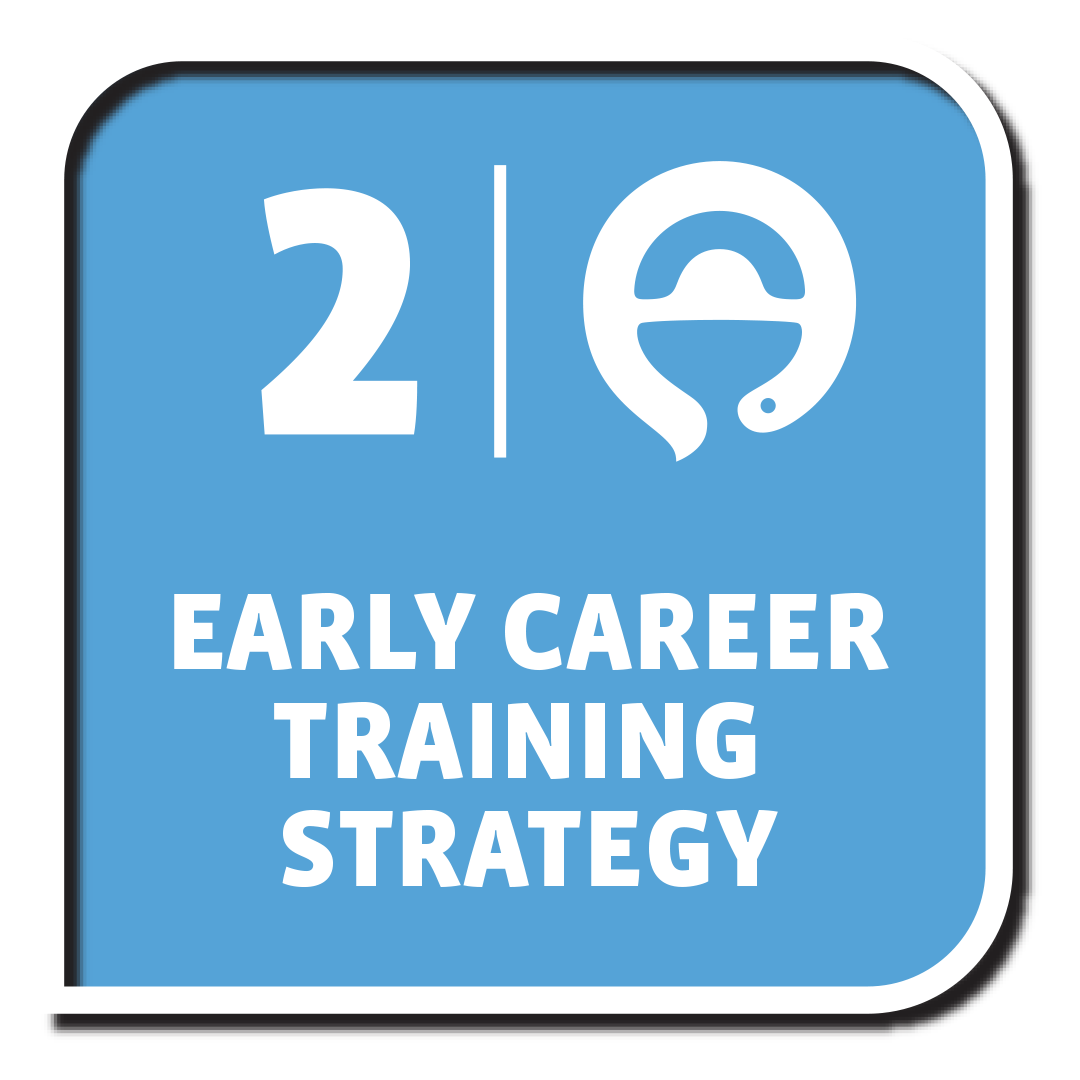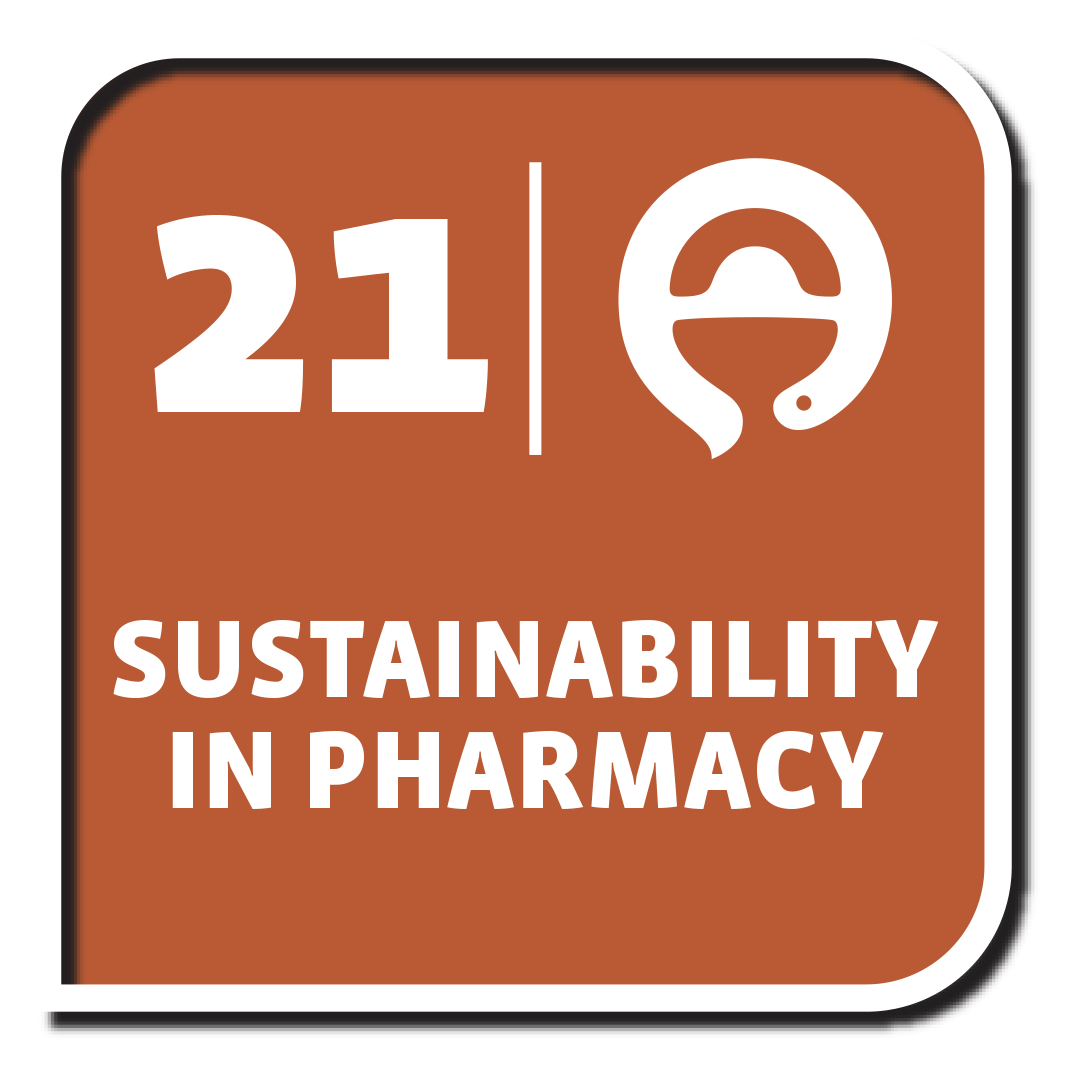PSMO-04 - Should I stay or should I go? Building an agile and resilient pharmacy workforce
Tracks
Auditorium 10
| Monday, September 1, 2025 |
| 11:00 - 12:30 |
| Auditorium 10 |
Details
Organised by the FIP Academic Pharmacy Section in collaboration with the FIP Community Pharmacy Section & the FIP Early Career Pharmaceutical Group
Chair(s)
Mr Luís Lourenço, FIP Professional Secretary, Portugal & Dr Arijana Meštrović, Vice-president FIP Academic Pharmacy Section, Croatia
Introduction:
Have you ever considered changing profession? Are you concerned about workforce retention? The lifetime job is a thing of the past. The COVID-19 pandemic has accelerated emerging trends around the world that are leading pharmacists to explore career paths outside of traditional community and hospital settings. This shift is driven by various factors, including the desire for reduced or increased direct patient contact, better work-life balance, and opportunities for professional growth. As a result, pharmacy education must evolve to empower pharmacists to stay engaged and motivated within the profession, while also equipping them with the skills to adapt to new roles and environments.
This session will address these challenges by presenting strategies to enhance flexibility and adaptability in pharmacy careers, and to enhance workforce retention. We will explore how pharmacists can transition between different sectors, such as from practice to industry or from community to aged care, without losing their professional identity or commitment to patient care. Additionally, we will discuss the critical issues of burnout and resilience, providing insights into how pharmacists can maintain their well-being and sustain their careers in the face of increasing demands and stress.
Through interactive polling and panel discussion, participants will learn how to encourage retention and career satisfaction. By fostering a culture of lifelong learning and professional development, we aim to ensure that current and future pharmacists remain a vital part of the profession, capable of meeting the evolving needs of patients and communities.
Programme:
Learning objectives:
1. To understand the factors influencing pharmacists’ career decisions.
2. To apply strategies for enhancing career satisfaction, retention, and resilience.
3. To explore the benefits of developing adaptable skills in pharmacy education.
Take home messages:
This session will emphasise the role of pharmacy education in preparing pharmacists for diverse career paths. By showcasing successful case studies and best practices from around the world, we will demonstrate how educational institutions can adapt their curricula to meet the changing needs of the profession. This will ultimately lead to a more resilient and adaptable pharmacy workforce, capable of thriving in various healthcare settings and contributing to pharmacy and the developing scope of practice.
FIP Development Goals:


 To learn more about these FIP Development Goals, click on the links below.
FIP Development Goal 2: Early Career Training Strategy
FIP Development Goal 3: Quality Assurance
FIP Development Goal 21: Sustainability in Pharmacy
To learn more about these FIP Development Goals, click on the links below.
FIP Development Goal 2: Early Career Training Strategy
FIP Development Goal 3: Quality Assurance
FIP Development Goal 21: Sustainability in Pharmacy
| 11:00 – 11:10 | Introduction by the chairs | |
| 11:10 – 11:30 | The Odessey: Navigating career transitions in pharmacy | |
| Ms Jurate Švarcajte, Association of the European Self-Care Industry (AESGP), Lithuania | ||
| 11:30 – 11:50 | Effective strategies for building lasting careers in pharmacy | |
| Dr Charlotte Rossing, Co-chair FIP PPR SIG, Denmark | ||
| 11:50 – 12:10 | Building flexibility and resilience for future pharmacists | |
| Dr Carl Schneider, The University of Sydney, Australia | ||
| 12:10 – 12:25 | Panel discussion | |
| 12:25 – 12:30 | Closing by the chairs |
Speakers
Dr Charlotte Verner Rossing
ExCo member FIP SIG Pharmacy Practice Research
Effective strategies for building lasting careers in pharmacy
Dr Carl Schneider
The University of Sydney
Building flexibility and resilience for future pharmacists
Ms Jurate Švarcaite
AESGP
Navigating Career transitions in pharmacy
